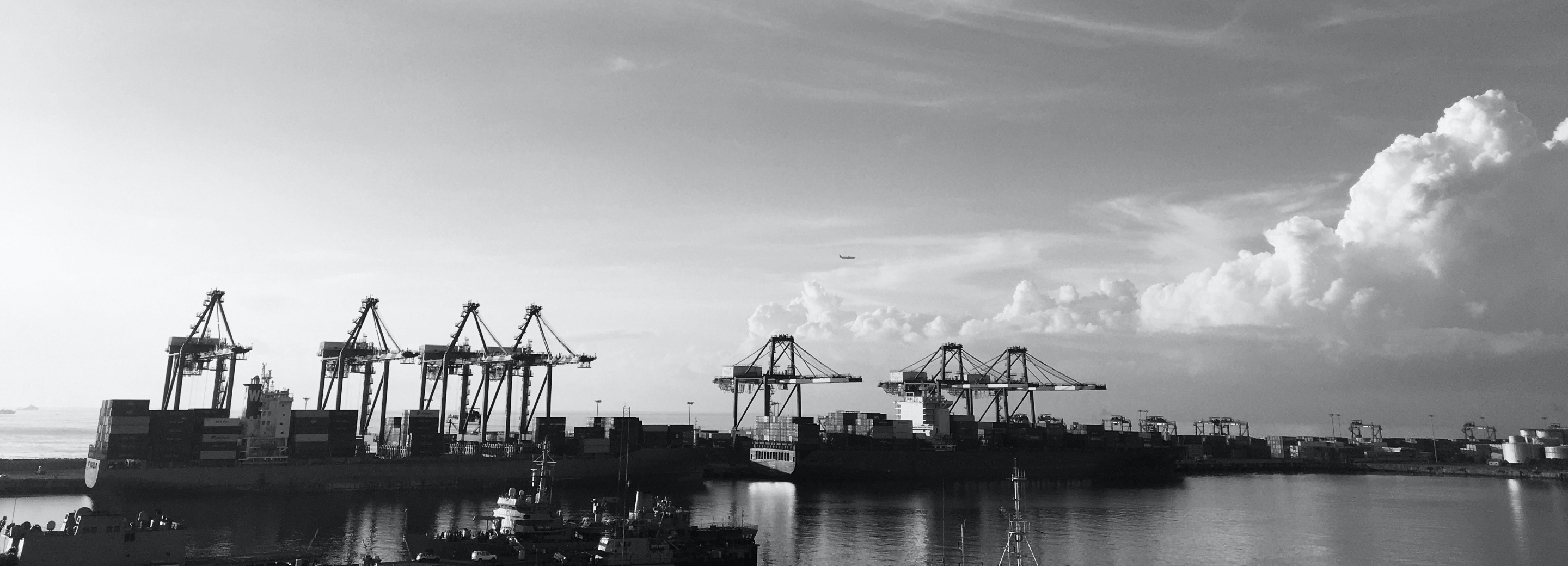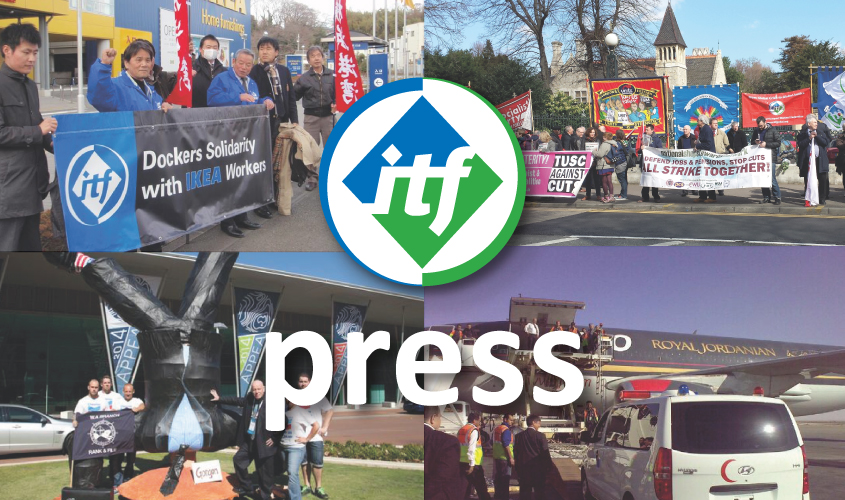
The ITF is holding a top level meeting in Panama in recognition of that country’s role as a key global transport hub and component of the Federation’s plans for building the future of work (see https://goo.gl/vL2CPp)
At that meeting the ITF is sounding a new alarm over the operation of the Canal. Along with its Panamanian unions it has previously raised serious safety concerns, after commissioning a study into operation of the new infrastructure – see https://goo.gl/B873rl and https://goo.gl/xWyAvO.
The ITF states that the Panama Canal Authority (PCA) carried out a study in 2011 to determine the type and size of the tugboat fleet necessary to operate the new locks. Their findings pointed towards a certain amount of personnel, tugs and other resources as well as training and operational procedures needed and that are lacking today. Despite the revised lock plans the PCA chose not to increase its tugboat fleets. Now the lack of vessels has been used as an excuse for chartering 12 tugboats from private and anti-union companies. The crews of those vessels live in fear of dismissal for union activities, meaning that they are denied union representation. This has led to them working longer hours for less pay, without union protection. There are particular worries over fatigue and the increased accident risk associated with it.
Meanwhile the PCA has tried to outsource other areas such as emergency medical and ambulance services – all crucial parts of the contingency plans in the event of an accident.
Speaking at the press conference were: Paddy Crumlin, ITF president and dockers’ section chair; Nick Bramley, chair of the ITF’s inland navigation section; Torben Seebold, ITF dockers’ section 2nd vice chair; and Dave Heindel, chair of the ITF’s seafarers’ section.
ITF president Paddy Crumlin commented: “The truth is that what the PCA has done with these private tugboat companies is evidently part of a bigger plan to privatise many of the services offered by the Canal. This privatisation has been rightly condemned by our Panamanian member unions, who are well aware of the accident risks and uncertainty being generated by this among canal workers.
“Unions have denounced the lack of honesty on this issue from the PCA, particularly as this mega project has been entirely financed by public funding. The government has invested an estimated USD7 billion in this project, with obvious knock on effects for other public spending. Any privatisation of this public asset will undoubtedly compromise the most important asset that Panama and its people have – the canal.”
He continued: “The ITF commissioned a manoeuvrability study that determined the risks of the operation planned by the Panama Canal and offered a series of suggestions that would reduce the risks. Unfortunately the PCA did not implement any of those precautionary measures and accidents have taken place in the new locks that are very similar to those raised as risks by the study.”
Mr Crumlin concluded: “The canal workers, including the pilots and the tugboat captains, are trained professionals. The PCA’s attempts to privatise these services potentially jeopardise the operation of this vastly important route, at a time when it should be offering greater benefits to the people of Panama, and to world trade.”
Ivan de la Guardia, ITF coordinator for Panama and general secretary of Panama’s Tugboats Masters and Mates Union added: “The crews on these hired tugs do not have the same skillset that canal personnel have acquired through intensive training and years of experience. There are language barriers and ignorance of even the most basic operational protocols and procedures. This is clearly not their fault since they have not been trained by the Canal Authority and also the fact that their employers are not being fair by throwing them into the fray without the needed preparation".
“It is clear that the cost of hiring these tugs exceeds that of the normal canal tugs. They charge million a year, according to figures leaked to us. That’s capital that is leaving our economy.
“The PCA wants to eliminate unions completely. There is no way that the canal can deliver to the clients as advertised and increase their daily transits overall unless the tug fleet increases both in number of units and therefore personnel. To this date there has been no initiative from the ACP to hire tug officers, or buy or lease any new tugs. They are obliged to acquire all these resources or the canal won´t be exploited to full capacity. The answer seems to be none other than outsourcing. It takes at least a year to train and put in place a tug officer in the canal. Tug personnel are being exploited and grossly overworked in order to make ends meet.
He concluded: “All these factors point towards a severe breach of the integrity of the operation and a serious downgrade of the safety to navigation through our waterway.
The ITF meeting in Panama can be followed on Twitter using the hashtag #ITFPanamaEB and at https://www.facebook.com/ITFglobal
